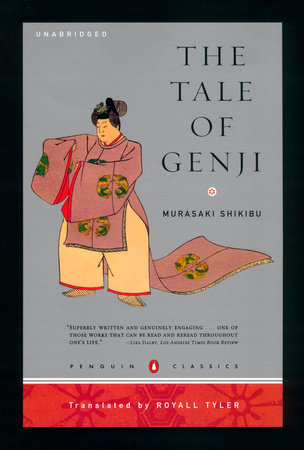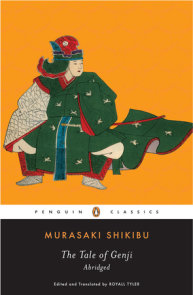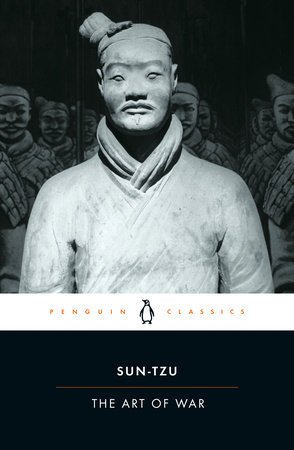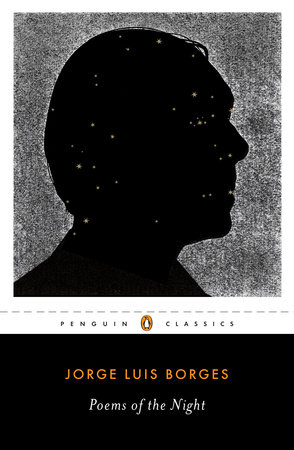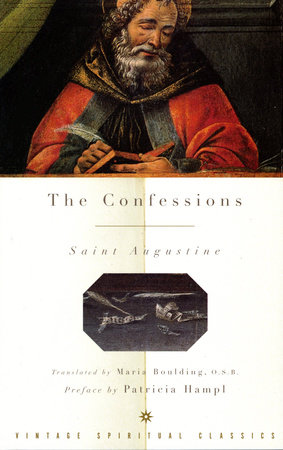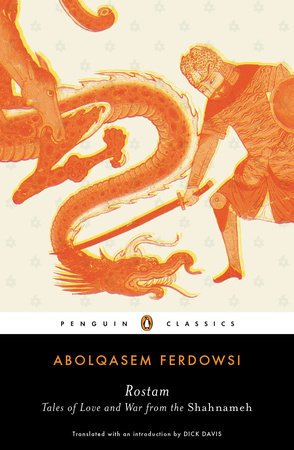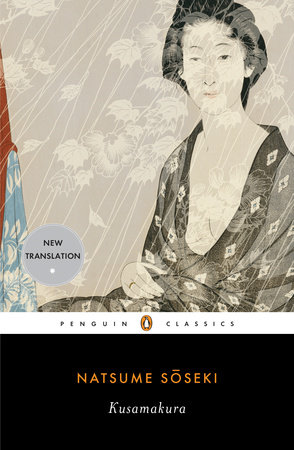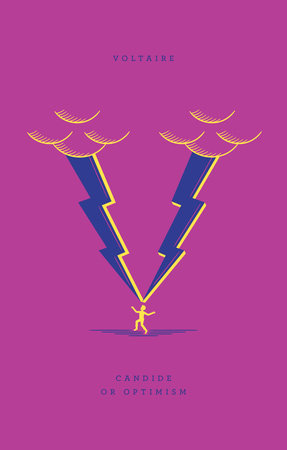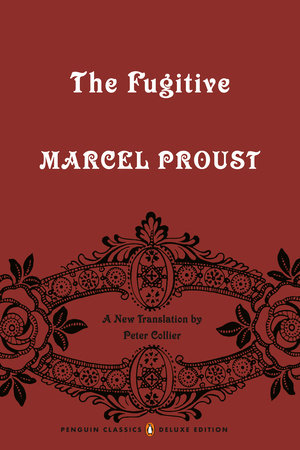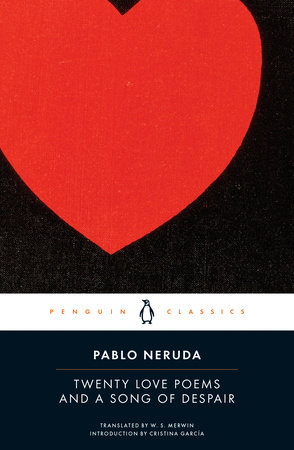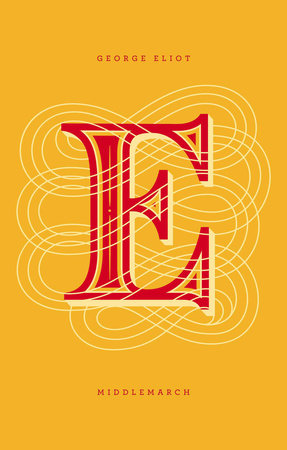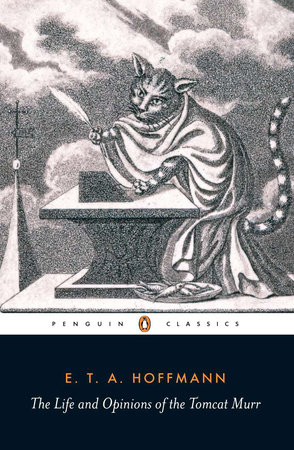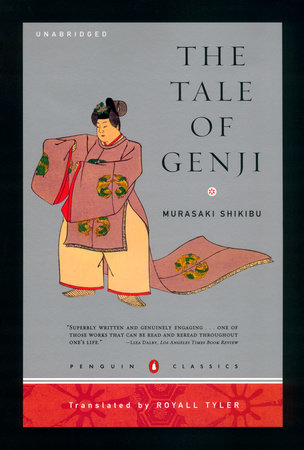

The Tale of Genji
By Murasaki Shikibu
Translated by Royall Tyler
By Murasaki Shikibu
Translated by Royall Tyler
By Murasaki Shikibu
Translated by Royall Tyler
By Murasaki Shikibu
Translated by Royall Tyler
Part of Penguin Classics Deluxe Edition
Part of Penguin Classics Deluxe Edition
Category: Essays & Literary Collections | Fiction | Classic Fiction
Category: Essays & Literary Collections | Fiction | Classic Fiction
-
$36.00
Nov 26, 2002 | ISBN 9780142437148
-
Jan 31, 2006 | ISBN 9781101657621

-
$36.00
Nov 26, 2002 | ISBN 9780142437148
-
Jan 31, 2006 | ISBN 9781101657621
YOU MAY ALSO LIKE
Praise
“An enormous achievement.” —The New York Times Book Review
“Both epic and intimate, [Genji] is a gorgeous evocation of a time and place that have long since disappeared. But it’s also an exploration of feelings and relations between men and women, as fresh and beguiling to readers today as when it was first written. A new translation that makes Genji accessible to contemporary readers is a landmark event. [Tyler’s translation] has clearly been a labor of love. In his beautifully written translation he tries to get as close to the original as possible, immersing us in eleventh-century Japan. Mr. Tyler’s translation is richly embellished with footnotes that flag for us everything that Murasaki and her contemporaries would have taken for granted. All in all, Mr. Tyler’s translation is likely to be the definitive edition of The Tale of Genji for years to come.” —The Wall Street Journal
“The Tale of Genji set an insanely high standard for anything that came after it. This latest edition is reader friendly at every turn, with generous footnotes, character lists and lots of illustrations to show what robes looked like, or swords, or houses. You have to reach for comparisons to Tolstoy or Proust to convey just what a captivating experience this story can be.” —Newsweek
“Tyler’s delicate ear for the language of the original helps breathe new life into the story of Genji.” —The New Yorker
“Though [Murasaki’s] setting was the royal Japanese court of one thousand years ago, her characters managed to draw the reader into their passion and terrors in an uncannily modern way. [Tyler’s translation is] beautifully readable . . . it sets a new standard. Not only is this new English edition the most scrupulously true to the original, it also is superbly written and genuinely engaging. . . . We are blessed to have Tyler’s help in reading it.” —The Los Angeles Times Book Review
“The remarkable thing about Genji is . . . that it is a masterpiece, the oldest full-length novel in existence, and still very much alive. It is even livelier in the new translation by Royall Tyler. Tyler skillfully catches the erotic flavor, the vivid characterizations, and the allusive poetry of this classic. . . . Readers will quickly find themselves immersed in a strange and distant culture whose inhabitants’ loves, rivalries, suffering and follies we can identify with our own.” —The Philadelphia Inquirer
“An astonishingly rich, absorbing drama that has stood, and will doubtless continue to stand, the severest tests of time and changing literary fashions. There is nothing else on earth quite like The Tale of Genji. Utterly irresistible.” —Kirkus Reviews (starred review)
“One of the undisputed monuments of world literature. Tyler offers a version that effectively captures the indirection and shades of Murasaki’s court language. A major contribution to our understanding of world literature; highly recommended.” —Library Journal (starred review)
“Widely recognized as the world’s first novel, as well as one of its best . . . painstakingly and tenderly translated by Tyler. An epic narrative, it is also minutely attentive to particulars of character, setting, emotion—even costume. Tyler clearly intends his [translation] to be the definitive one. It is richer, fuller, and more complicated than the others. Tyler’s formality of tone offers readers a more graceful, convincing rendering of this one thousand-year-old masterpiece. Scholars and novices alike should be pleased.” —Publishers Weekly (starred review)
“Tyler has long shown himself to be one of the finest translators of Japanese in our era. In producing this new Genji translation, he has been able not only to draw upon his own skills as a writer, but also to build on the efforts and accomplishments of his predecessors . . . the Tyler version is by far the most helpful to the general reader.” —The Washington Post Book World
“[Tyler] has crafted an elegant translation that remarkably renders this eleventh-century tale in language so lively, vivid and transparent, one could easily believe that the book was written by some gifted postmodernist. Royall Tyler devoted space to explaining, through the introduction and footnotes, nuances of the time, helping help us place them into a modern context. This edition of The Tale of Genji is beautifully realized, both as a translation and as a seamless art object.” —The Cleveland Plain Dealer
Table Of Contents
The Tale of Genji – Murasaki Shikibu Translated by Royall Tyler
Acknowledgments
List of Maps and Diagrams
Introduction
1. The Paulownia Pavilion (Kiritsubo)
2. The Broom Tree (Hahakigi)
3. The Cicada Shell (Utsusemi)
4. The Twilight Beauty (Yugao)
5. Young Murasaki (Wakamurasaki)
6. The Safflower (Suetsumuhana)
7. Beneath the Autumn Leaves (Momiji no Ga)
8. Under the Cherry Blossoms (Hana no En)
9. Heart-to-Heart (Aoi)
10. The Green Branch (Sakaki)
11. Falling Flowers (Hanachirusato)
12. Suma (Suma)
13. Akashi (Akashi)
14. The Pilgrimage to Sumiyoshi (Miotsukushi)
15. A Waste of Weeds (Yomogiu)
16. At the Pass (Sekiya)
17. The Picture Contest (Eawase)
18. Wind in the Pines (Matsukaze)
19. Wisps of Cloud (Usugumo)
20. The Bluebell (Asagao)
21. The Maidens (Otome)
22. The Tendril Wreath (Tamakazura)
23. The Warbler’s First Song (Hatsune)
24. Butterflies (Kocho)
25. The Fireflies (Hotaru)
26. The Pink (Tokonatsu)
27. The Cressets (Kagaribi)
28. The Typhoon (Nowaki)
29. The Imperial Progress (Miyuki)
30. Thoroughwort Flowers (Fujibakama)
31. The Handsome Pillar (Makibashira)
32. The Plum Tree Branch (Umegae)
33. New Wisteria Leaves (Fuji no Uraba)
34. Spring Shoots I (Wakana 1)
35. Spring Shoots II (Wakana 2)
36. The Oak Tree (Kashiwagi)
37. The Flute (Yokobue)
38. The Bell Cricket (Suzumushi)
39. Evening Mist (Yugiri)
40. The Law (Minori)
41. The Seer (Maboroshi)
Vanished into the Clouds (Kumogakure)
42. The Perfumed Prince (Niou Miya)
43. Red Plum Blossoms (Kobai)
44. Bamboo River (Takekawa)
45. The Maiden of the Bridge (Hashihime)
46. Beneath the Oak (Shiigamoto)
47. Trefoil Knots (Agemaki)
48. Bracken Shoots (Sawarabi)
49. The Ivy (Yadorigi)
50. The Eastern Cottage (Azumaya)
51. A Drifting Boat (Ukifune)
52. The Mayfly (Kagero)
53. Writing Practice (Tenarai)
54. The Floating Bridge of Dreams (Yume no Ukihashi)
Chronology
General Glossary
Clothing and Color
Offices and Titles
Summary of Poetic Allusions Identified in the Notes
Characters in The Tale of Genji
Further Reading






